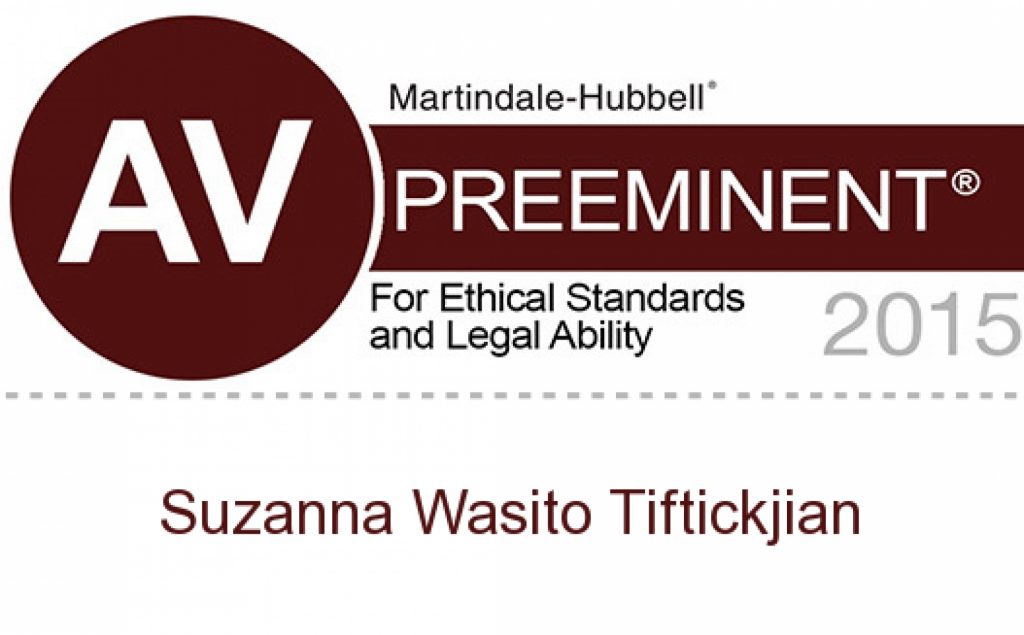Should You Use Software to “Do Your Will?”
People often tell me that they are considering using software to do their wills. I understand why. Lawyers are expensive and the software costs about $100. Unfortunately, software wills provide false peace of mind. Problems aren’t found until after you die, leaving a mess for your loved ones. My own mother had an unsupervised law student do her will, which generated significant fees for her estate and left a mess for me to handle.
Because so many people ask about them, I drafted my own will using the most popular programs on the market: Quicken Willmaker Plus, Legacywriter, and Legalzoom. Following are some of the shortfalls:
Software provides no help with beneficiary designations or real estate titling. I always tell clients that their plan will fail if their beneficiary designations are inconsistent with their estate plan. None of the software programs provide you with beneficiary designation language. This means that large assets such as life insurance and retirement plans may not go to the people you want. Significantly, improper beneficiary designations can end up costing your beneficiaries unnecessary taxes.
Suppose you are in a second marriage and want to leave assets both to your spouse and to your children from your first marriage. You draft a software will. However, your house is titled jointly with your new spouse. Or the beneficiary designations on your life insurance policy provide only for your children. Guess what controls? Not the will, but the real estate title or your life insurance contract.
Software is inconsistent with Colorado law. Trust and estate law is governed individually by each state. Software publishers fail to keep current with all 50 states. I personally served on the bar committee that made significant changes to the Colorado probate code in 2009. Colorado inheritance law now addresses assisted reproductive technologies (“ART”) (in vitro fertilization, surrogacy, etc.). Many modern families today start with ART. Their estate plans should address what happens to stored genetic material (e.g., frozen embryos) when they die and other difficult questions missed by the software.
Many of the programs include a no-contest provision, i.e., stating that if anyone challenges your will, they get nothing. While this is attractive to many clients, it is not valid under Colorado law and gives clients a false feeling of control.
The software is not current with Colorado law for non-traditional families. One program talks about “registered domestic partners,” which we do not have in Colorado. Some of the programs address traditional adoption, but none mention second-parent adoption, which applies to same-sex couples in Colorado.
Many of the programs let you name a “caretaker” for your pets. Although we all love our pets and consider them family, they are tangible personal property (“TPP”) under Colorado law and, in most cases, are best handled in a TPP memorandum, or in some cases, a pet trust.
The programs refer to an “executor,” which we don’t have in Colorado. We have “personal representatives.” The PR is the person you nominate to settle your estate—i.e., gather your assets, pay off your creditors, and make distributions. What else is wrong if the software can’t even get the Colorado terminology right?
Software wills invite litigation. Many of the programs encourage you to explain your reasons for naming a particular guardian or for disinheriting family members. Lawyers typically discourage such explanation. (“I disinherited son #3 because he did not take care of me in my old age.” Disgruntled son #3 may argue that he lives out-of-state and could not visit as often as his siblings, but paid for costly in-home health care.)
Will signing instructions are confusing. Your will signing ceremony is as serious as any trial because, after you die, the law needs assurance that the document is reliable. You must be over 18, understand what you are signing, and be acting of your own free will. If your will is not properly executed, it will be difficult to admit to probate or, worse yet, invite a fight among your loved ones.
One program periodically gives you the option to see “How [do] most people answer this question?” Is the collective wisdom of the masses really how you want to plan? Don’t leave a mess for your loved ones. Call our Denver estate planning attorneys at (303) 991-4676 today and have your estate prepared properly.





